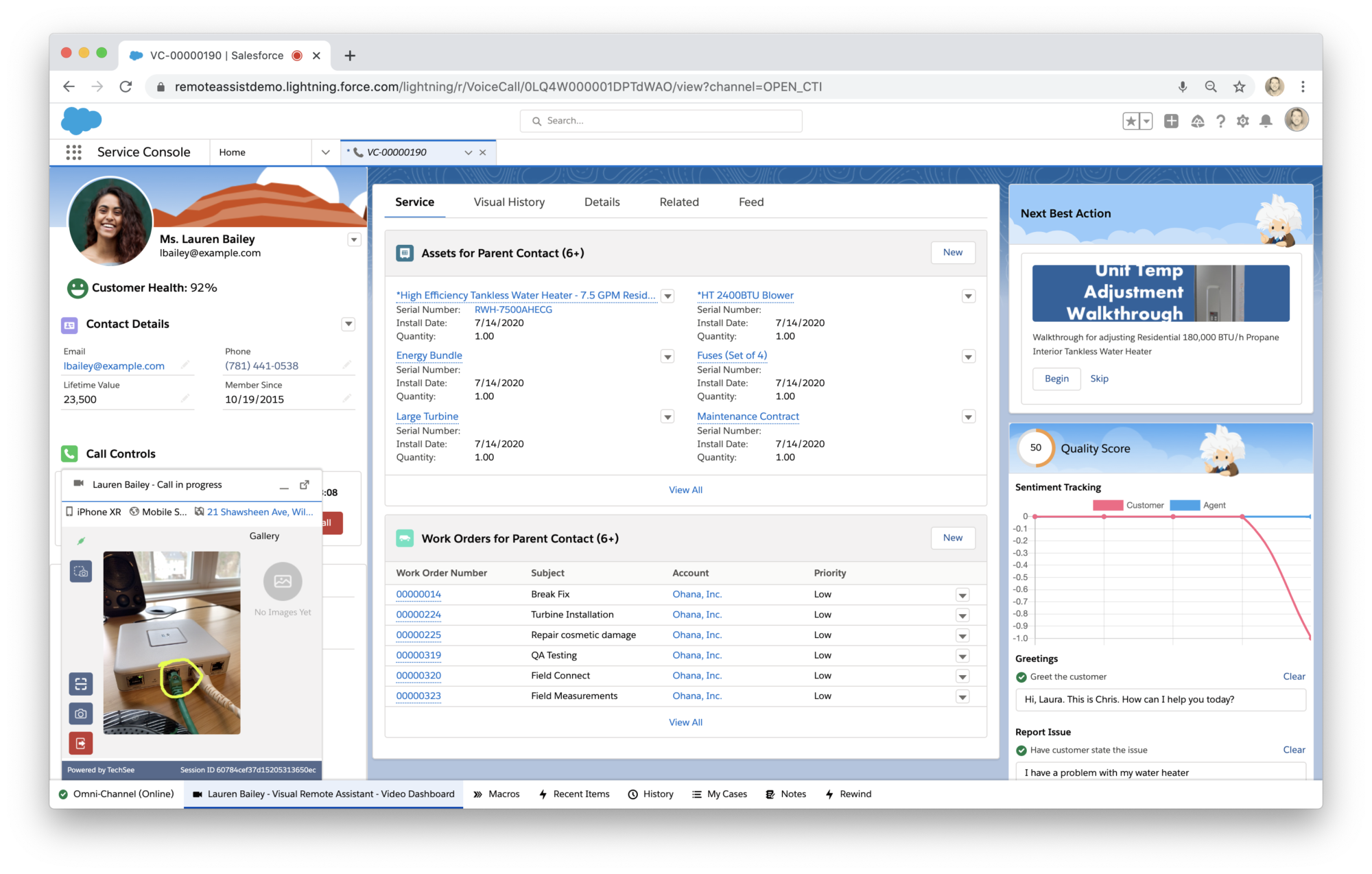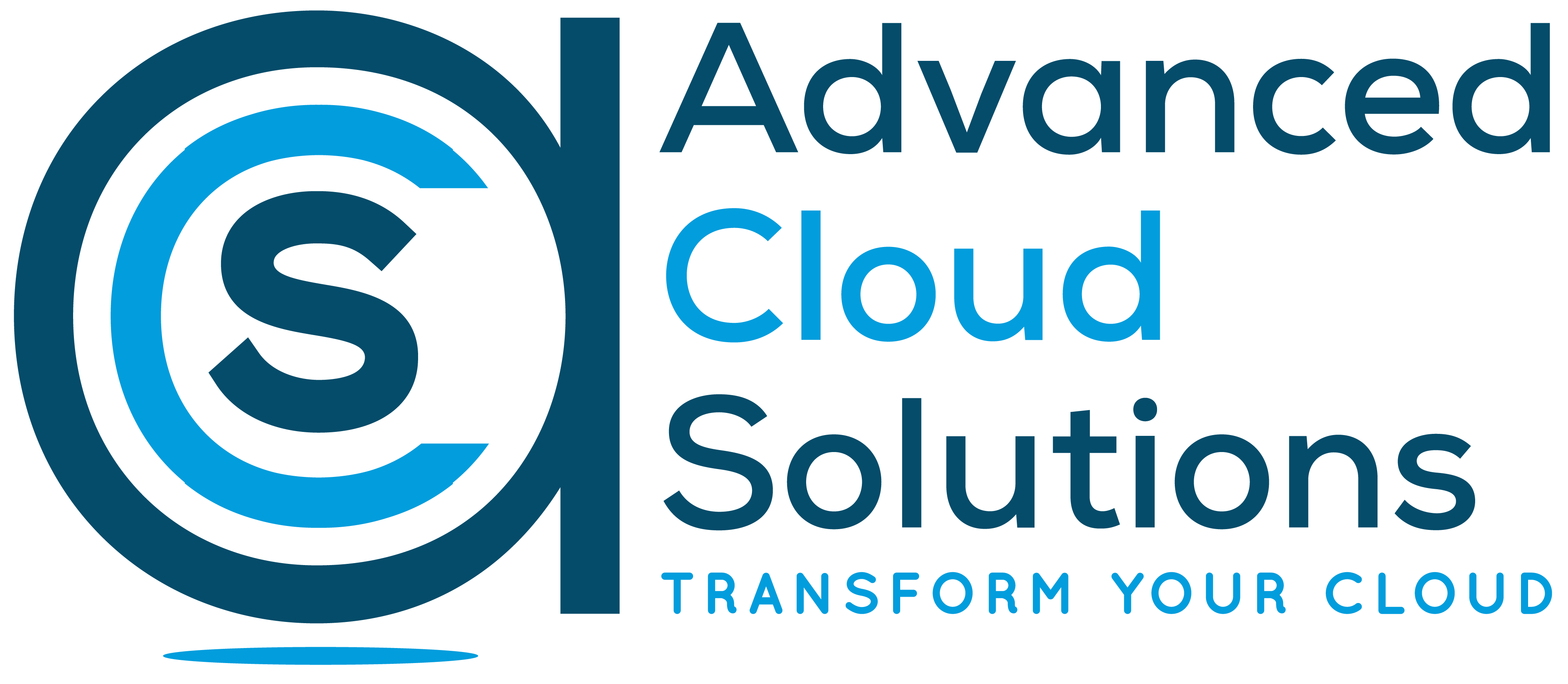
When discussing the Sales Cloud vs. Service Cloud question, it’s important to understand what both services offer. Salesforce, a leading CRM platform, provides a variety of specialized clouds to cater to different business needs. Two of the most prominent services are Sales Cloud and Service Cloud. Although both are built on the core Salesforce platform and share some fundamental features, they are designed with distinct purposes.
Sales Cloud is tailored for sales teams, focusing on account acquisition and deal closure, while Service Cloud is aimed at service teams, emphasizing customer service and agent efficiency. In this article, we delve into the unique features of each and which ones to focus on when making an informed decision.
Sales Cloud vs. Service Cloud & Shared Features
Before we examine the distinctions, it’s essential to understand the shared features of Sales Cloud and Service Cloud. These foundational features are crucial for managing customer relationships across sales and service domains.
Salesforce Case Management Solutions
Recognizing the importance of customer satisfaction across all business functions, Salesforce includes basic case management features in Sales Cloud. This allows sales teams to see support issues, fostering an environment where customers receive seamless service, encouraging loyalty and repeat business. More features are available in Service Cloud, making it possible to offer a more personalized approach.
Accounts and Contacts
Both platforms offer robust tools for managing accounts (organizations you work with) and contacts (key individuals within those organizations). Salesforce’s data model supports account hierarchies and associating a single contact with multiple accounts, ensuring flexible and comprehensive customer management.
Sales Cloud: Driving Sales Forward
Salesforce Sales Cloud is a CRM solution to streamline customer acquisition, deal closure, and account management processes. It boasts popular features such as contact management, lead management, sales forecasting, and facilitating workflows and approvals. Sales Cloud offers various editions to accommodate businesses of all sizes, ranging from the Essentials package for smaller enterprises to the Unlimited edition of Lightning Professional for larger organizations.
Opportunity And Lead Management
Sales Cloud aids in managing potential sales (opportunities) with tools to guide reps through sales stages, forecast sales performance, and track against quotas. It also includes capabilities for quote generation, with options for more complex configurations via Salesforce CPQ for industries with intricate product and pricing models. The platform also excels in managing potential customers, nurturing them through the sales funnel with features like Lead Assignment and Auto-Response Rules, Web-to-Lead integration, customized guidance via Paths, and efficient Lead Conversion processes.
Service Cloud: Enhancing Customer Service
Service Cloud is focused on providing service agents and managers with tools to improve customer service efficiency and experience. The main draw of these features is to foster one-to-one marketing relationships with every customer across multiple channels and devices. A key feature of Service Cloud is self-service portals that let customers search for answers independently.

Case Management and Self-Service Features
Features like Auto-Response Emails, Assignment Rules, and Email-to-Case automation streamline the handling of incoming cases, ensuring timely and organized responses to customer inquiries. To further reduce case volume and empower customers, Service Cloud offers features like Lightning Knowledge for building a knowledge base and Einstein Bots for automated customer interactions, providing a comprehensive suite of case deflection and self-service tools.
Entitlements, Milestones, and More Support Channels
Service Cloud allows for detailed tracking of customer support entitlements and milestones. It expands support channels beyond traditional cases to include Omni-Channel support, Live Chat, SMS Support, Service Cloud Voice, and self-service options, enhancing the customer service experience.
Weighing Your Salesforce Options
While Sales Cloud and Service Cloud share core functionalities essential for managing customer relationships, their distinct features set them apart. Sales Cloud empowers sales teams with tools for efficient lead and opportunity management. At the same time, Service Cloud focuses on equipping service teams with advanced case management capabilities and a wide range of customer support channels.
Work With Advanced Cloud Solutions
Understanding the differences between Sales Cloud and Service Cloud can help businesses choose the right Salesforce platform to meet their needs. Contact Advanced Cloud Solutions so we can ensure both sales and service teams are well-supported in their efforts to drive growth and customer satisfaction.
Primary Image Source: Envato

